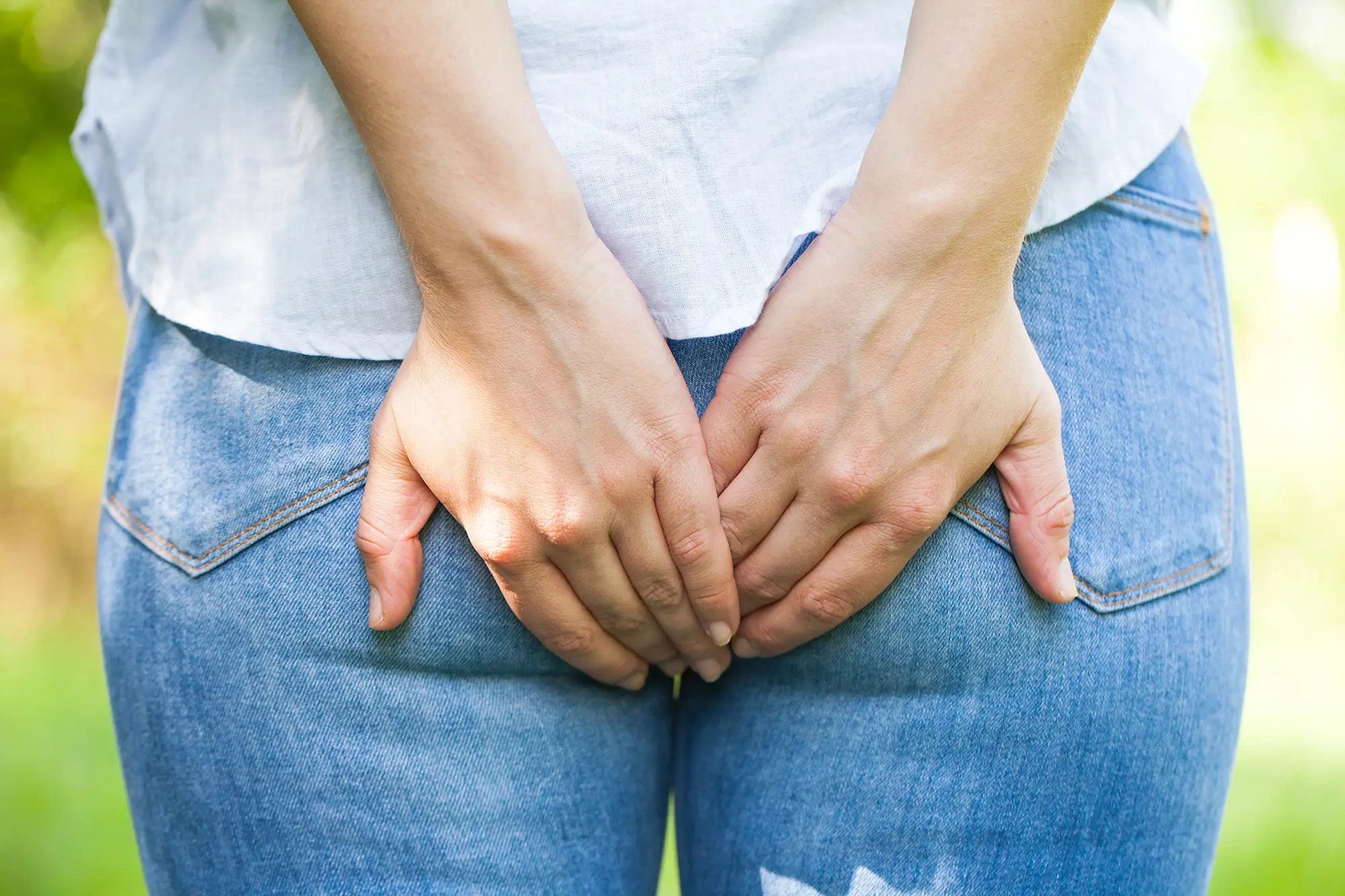6 Things Your Farts Can Tell You About Your Health
Farting may appear to be embarrassing, yet it is a natural part of life.
“Flatulence is a result of your digestive system breaking down and processing food and nutrients,” said Niket Sonpal, MD, a New York City internist and gastroenterologist. “When you eat, chew, and swallow, gas and air accumulate in your gastrointestinal tract, some of which is naturally absorbed by the body and subsequently released as a fart or burp.”
Farting throughout the day and night is generally beneficial; otherwise, gas buildup would cause painful bloating. Breaking wind, in short, makes you feel better. But that doesn’t imply you should disregard your farts entirely. Paying attention to their frequency, smell, and occurrence with other GI symptoms can provide insight into what’s going on with your body and possibly alert you to potentially dangerous diseases. Here are six different types of farts to look out for and what they’re trying to tell you.
Constipation and Farting
Fiber promotes bowel movement and reduces constipation. According to a 2019 Lancet meta-analysis, consuming 25 to 29 grams of dietary fiber per day is recommended. 1
While most individuals could benefit from eating more fiber, constipation-related farts could indicate that you’re absorbing too much of it. “If people eat too much fiber, it can produce gas, bloating, cramps, and, strangely, constipation,” Dr. Sonpal explained. What’s the deal? Fiber helps to thicken up and solidify your stool. If you consume too much, your bowel motions may become difficult to pass, according to Dr. Sonpal.
Dr. Sonpal recommends drinking more water and gradually increasing—or decreasing—your fiber intake to get unblocked and stop the gas.
Frequent Farting
Carbonated beverages could be to blame. Seltzer, soda, and carbonated beverages, such as beer and strong seltzer, can introduce more air (and hence gas) into your GI tract, increasing the frequency of farting, according to Dr. Sonpal, especially if one of these is your go-to beverage. Reduce your intake of fizzy beverages.
If you’re not sure whether your carbonation habit is to blame, maintain a record of your consumption (including times when gas is an issue) and bring it to your healthcare provider, who can help you figure it out and propose alternate beverages that don’t make you gag.
Smelly Farts
Farts don’t typically smell…great. Silent but lethal farts wouldn’t be called as such if they did. However, if yours truly stink, you can consider blaming all the high-sulfur items that hide in your diet. According to Dr. Sonpal, vegetables high in sulfur, such as broccoli and Brussels sprouts, release a rotten egg odor as they are digested. Other cruciferous veggies (including cauliflower), garlic, onions, cheese, beans, dried fruit, and—surprise!—wine can also cause the same garbage stink.
The stench is typically nothing to be concerned about. You might want to consult your doctor if it worsens though. A 2017 research article published in the Scandanavian Journal of Gastroenterology points out that it’s possible the smell is linked to inflammatory bowel disease or irritable bowel syndrome (IBS).
Farts With Abdominal Discomfort
After eating, farts that are accompanied by pain or discomfort in the abdomen may indicate a food intolerance. The doctor gave the following scenario as an illustration: “The best example is if you drink milk or eat cheese and then experience cramps and excessive flatulence that also smells like a manifestation of doomsday.”
You would have lactose intolerance in this situation, which means that lactose (the sugar in dairy products) is not absorbed by your body until it reaches the small intestine, where bacteria break it down and release totally unpleasant-smelling farts, according to Dr. Sonpal. Try cutting off dairy from your diet to see if the foul farts stop. If not, consult a medical expert who can assist you identify the meal or food group that isn’t going down well with your body.
Periodic Stinky Farts
Food intolerance could explain farts accompanied by abdominal ache or discomfort after eating. “The primary example is if you drink milk or eat cheese and then have cramps and profuse flatulence that smells like a manifestation of doomsday,” Dr. Sonpal explained.
In this situation, you’d have lactose intolerance, which means your body doesn’t absorb lactose (the sugar in dairy products) until “it gets to the small intestine where bacteria break it down, creating totally foul-smelling farts,” according to Dr. Sonpal. Remove dairy from your diet and watch if the stinking farts go away. If not, consult with a healthcare expert who can assist you determine which foods or dietary groups are causing your system to malfunction.
Farting and Pooping More (or Less) Than Usual
Who knew that stress could alter your farts? When you’re stressed, you may turn to items you don’t ordinarily eat (such processed snacks and late-night bowls of ice cream), which might impact your digestion, according to Dr. Sonpal. Stress might also cause you to gulp and swallow more air unintentionally. And, of course, anxiety affects your GI system and changes your pooping frequency, according to Dr. Sonpal.
We’re all anxious these days, but if you don’t want your stress to harm your GI system, consider de-stressing practices like focused meditation and deep breathing, which can prevent you from swallowing too much air. Also, be mindful of any gas-producing foods you may be stress-eating.
